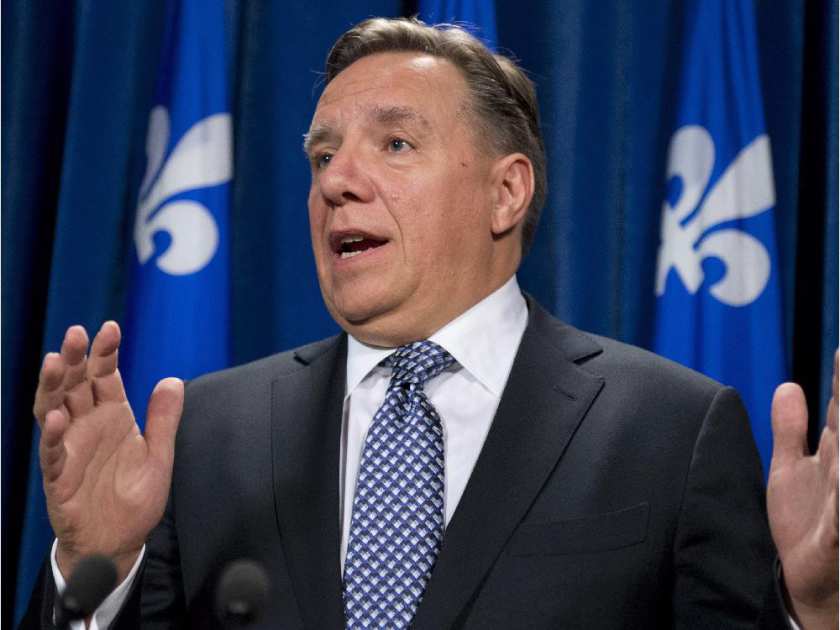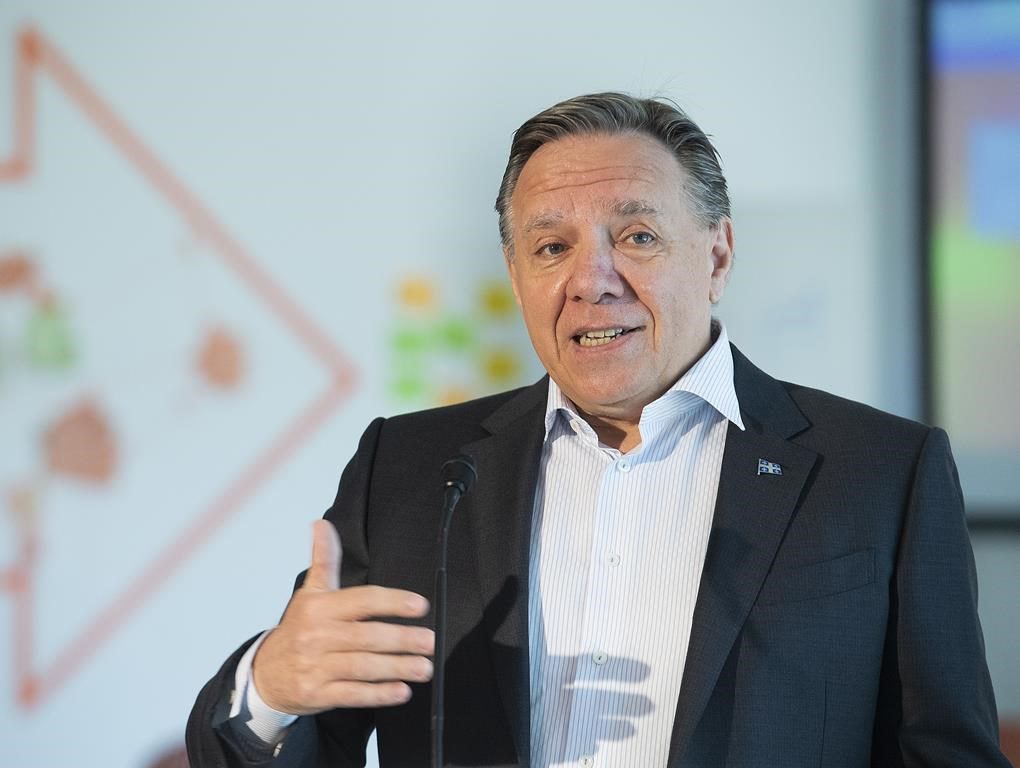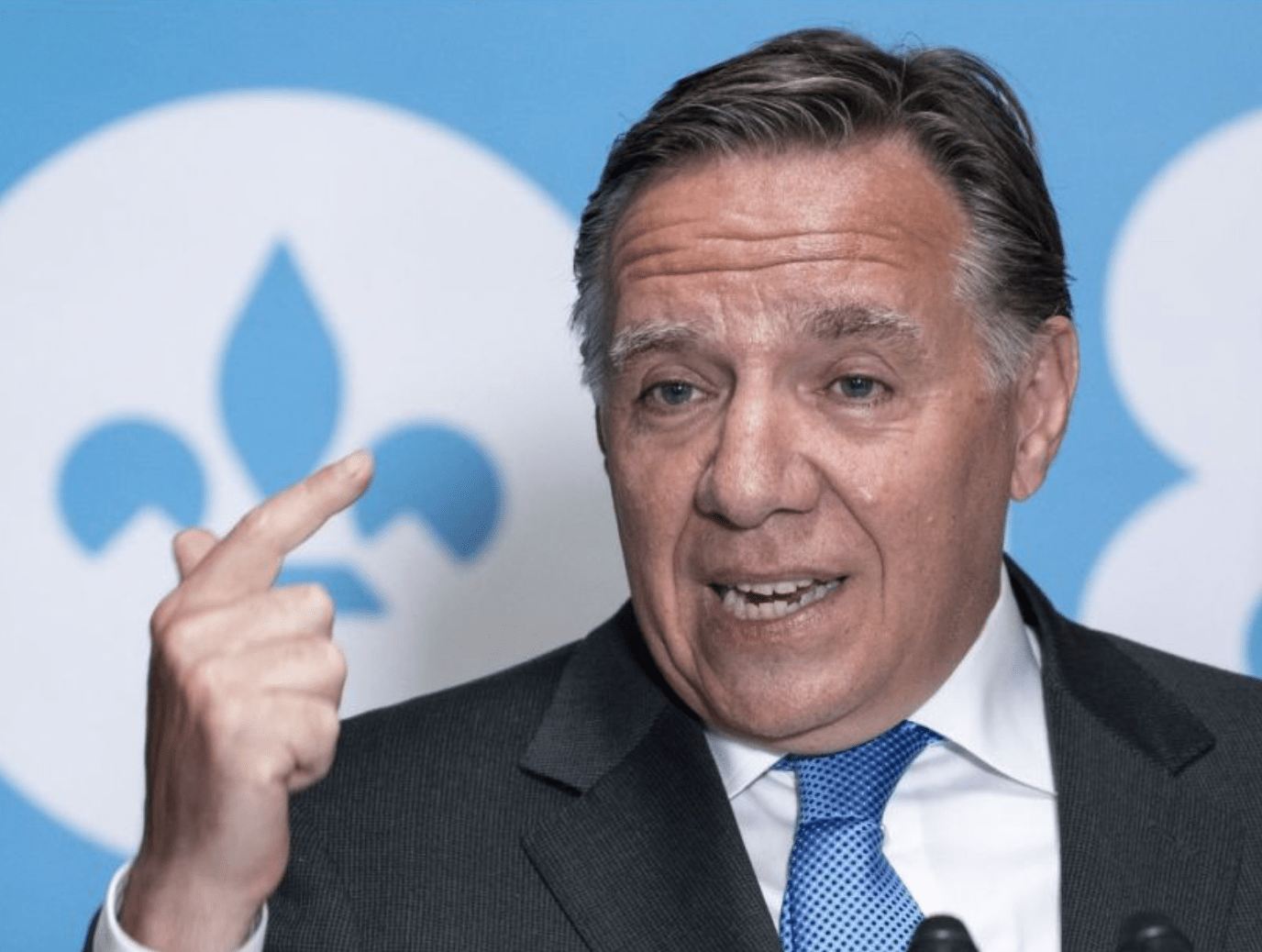Former Prime Minister Pierre Elliott Trudeau is often referred to as the architect of modern Canada. As the man chiefly responsible for repatriating the constitution and embedding within it a Charter of Rights and Freedoms, complete with official bilingualism and multiculturalism, Trudeau had an immense impact upon Canada and its maturation into the more united and confident nation we see today.
While not every one of his policy achievements have survived him (the National Energy Program, the Foreign Investment Review Agency, etc.) those most important to Trudeau and his vision of the country have prevailed, much to the enduring pride of everyday Canadians.
Trudeau understood that for a country as diverse and decentralized country as Canada to not only survive, but thrive in the coming decades, its citizens would need more than just an old flag, the myth of peacekeeping and a severely underfunded public healthcare system to unite behind. They would need his new pillars of nationhood – namely, the Charter, bilingualism, and multiculturalism – all of which Trudeau established during his 15-plus years in office.
Of course, as is the case with any great reformer, change is not always wholeheartedly embraced by all in society. The same is true with Trudeau. Not everyone has endorsed his vision for the country.
In the 37 years since his political retirement, many have sought to undermine his herculean efforts at nation-building. His opponents have come from all political backgrounds and ideologies, ranging from western reformers like Preston Manning, who, at one point, sought to eliminate federally regulated bilingualism, to Quebec sovereigntists like Lucien Bouchard and Jacques Parizeau, who have lambasted patriation and worse, sought secession from the rest of Canada. Even some former Conservative Prime Ministers, like Brian Mulroney and Stephen Harper, have at times joined the fray in attacking different aspects of Trudeau’s legacy.
Fortunately, all have failed in their unholy pursuits.
Now, with another Trudeau at the helm of power in Ottawa, and with the separatist forces in Quebec considerably diminished, it would appear to many that Pierre Trudeau’s Canada is free from any significant internal threat.
But the reality, of course, could not be further from the truth.
In fact, the foundational principles of modern Canada, of Pierre Trudeau’s Canada, have been under relentless assault.
The assault of which I speak has been carried out by none other than popular Quebec premier Francois Legault.
Though he has only been in office a few years, Legault has become a formidable threat to Trudeau Sr.’s legacy. He assails each and every one of his accomplishments whenever he can.
The Charter. Respect for linguistic minorities. The official promotion of different cultures within Canadian society. None have been free from Legault’s wrath.
While the evidence of Legault’s hostility has been pervasive throughout his actions in political life, one could deny it no longer, when, in the spring of 2019, his government passed into law the infamous Bill 21.
Through the use of this noxious legislation, Legault and his government have unfairly targeted and persecuted religious minorities. By banning public sector employees – many of whom are Muslim women – from wearing their religious symbols and garments at work, Legault has made a mockery of both the principles behind Canada’s multiculturalism policy and the Charter’s protection of minority rights. That, coupled with his preemptive invocation of the notwithstanding clause to shield Bill 21 from the oversight of the courts is further proof of his disdain for the rights and freedoms enshrined in Trudeau’s Charter.
Alas, Bill 21 is not the only battle front that Legault and his government have used to wage war against Pierre Trudeau’s legacy.
His government has also preemptively invoked the notwithstanding clause on another piece of controversial legislation, Bill 96.
To some, the bill might seem innocuous enough at first reading. But further analysis of its 200 amendments, purportedly aimed at strengthening the French language, make it clear that Bill 96 is just another weapon that Legault is using to bludgeon the minority language rights of Quebec’s English-speaking population. Not to mention Trudeau’s treasured belief in the equality of Canada’s two official languages.
Indeed, the bill does far more than promote the usage of French. It also restricts the ability of Quebec anglophones to converse and do business; something the Quebec Community Groups Network and others believe could “disrupt the two-decades-old social peace around language.”
Make no doubt about it. Pierre Trudeau would have been appalled by Legault decision to sacrifice the language rights of Quebec’s English-speaking minority, just as he would have been by Legault’s attempts to unilaterally rewrite the constitution to affirm the nation status of Quebec, another one of Bill 96’s controversial additions.
In the face of all these assaults, one might have expected Pierre Trudeau’s son to have taken up his father’s defense. After all, Justin Trudeau won his first federal election as Liberal leader in part by campaigning on his father’s political record. Later, while in office, Justin continued to praise his father’s key political achievements, including by releasing official statements celebrating the anniversaries of both the Charter and Multiculturalism.
However, despite all his self-professed admiration for these nation-building feats, Justin has proven to be anything but a stalwart defender of his father’s vision for the country.
While the prime minister has stated on multiple occasions that he “deeply” disagrees with Bill 21 and, like his father, is fundamentally opposed to the use of the notwithstanding clause, he has thus far stopped short of confronting Legault, let alone taking any legal or political action to defend his father’s legacy.
The reasoning behind his inaction is simple: Justin fears that any sort of federal intervention against either Bill’s 21 or 96 will only encourage Legault in his Ottawa-bashing, which in turn, might cost the Liberal’s seats in Quebec, come election time. That same thinking, by the way, pervades the mindsets of both his chief political opponents, former Tory leader Erin O’Toole and Jagmeet Singh, who have similarly stayed quiet in trepidation of Quebec voters.
Still, these men do not bear the last name “Trudeau.” Nor have they underscored to voters (both in Quebec and the rest of Canada) their commitment to Pierre Trudeau’s legacy, as Justin has done. Therefore, while their failure to stand up for the Charter and its protections for religious and minority language rights is lamentable, it is not nearly as disheartening as is the Prime Minister’s.
For Canada to maintain the newfound confidence and unity it gained after Pierre Trudeau’s tenure, what with its constitutional embrace of a Charter, bilingualism, and multiculturalism, it will need a champion in Ottawa to defend these pillars of nationhood against all those who seek to weaken or abolish them.
Silence will no longer do. Nor will the Prime Minister’s prolonging of action.
The Charter needs a champion. So too does religious minorities and English language speakers in Quebec.
If Justin Trudeau is truly the keeper of his father’s legacy, he will become that champion and finally stand up to Legault and anyone else that threatens the foundations of modern Canada.













